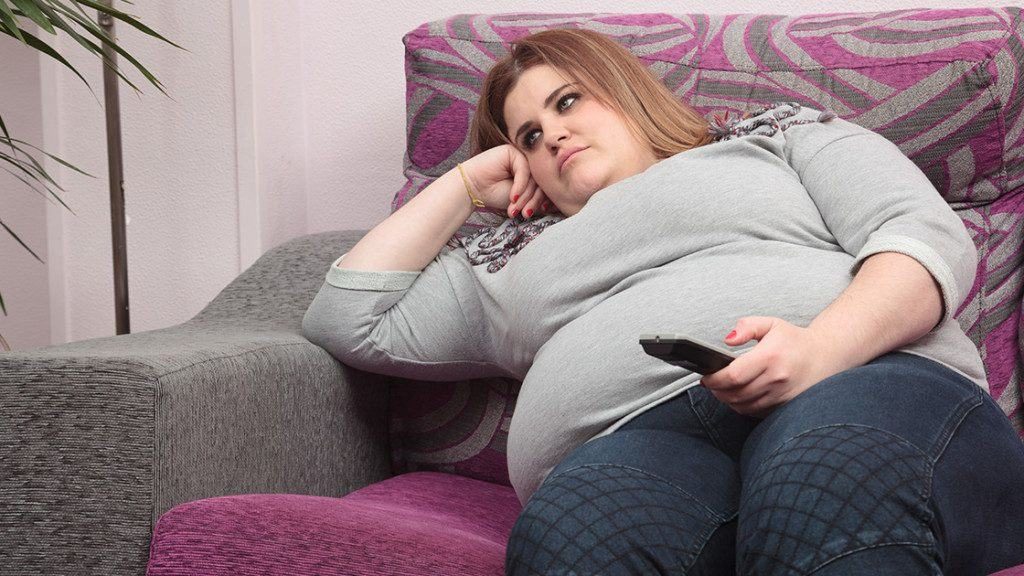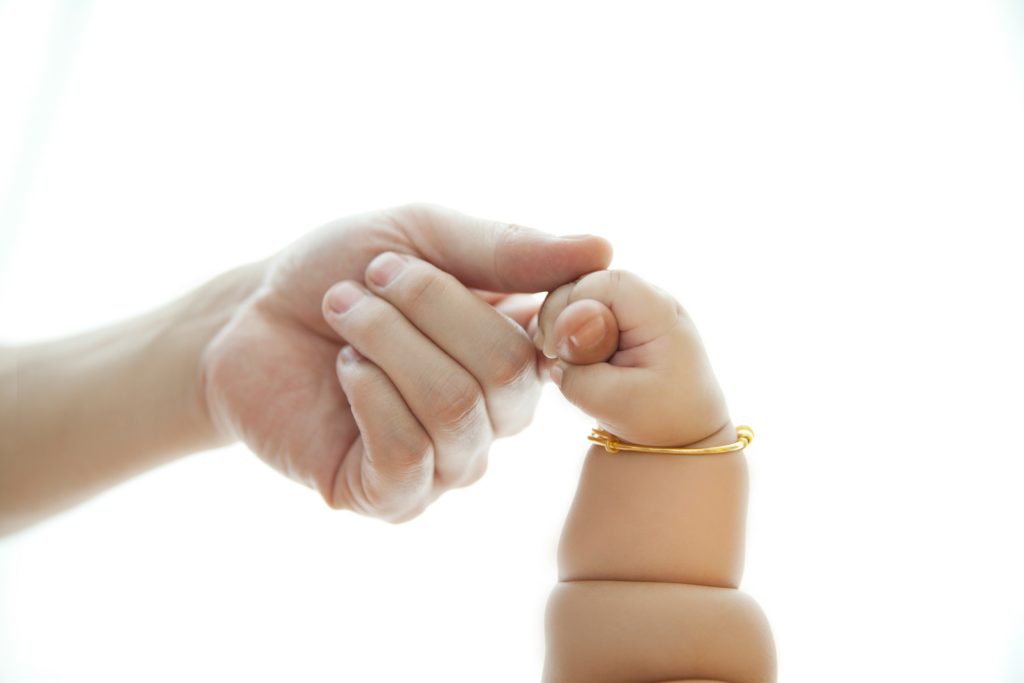
Mother’s obesity and biologically ‘older’ newborns have a strong connection in between. Babies whose mothers are obese may be biologically “older” when compared to babies whose mothers are of normal weight. Researchers gathered information from mothers of the age 17 to 44, and their newborn babies, using samples of umbilical cord blood obtained from each newborn immediately after delivery.
A 1-point increase in the mother’s body mass index (BMI) was found to be linked with a shortening of telomeres in the newborns by about 50 base pairs. This 50-base-pair shortening is equivalent to the length of a telomere that an adult lose in a little over one year. Researchers established that high maternal BMI impacts fetal [DNA] programming, could lead to altered fetal development and later life diseases. In adults, shorter telomeres are linked with age-related diseases, such as heart disease and type 2 diabetes.

The genetic material inside the babies cells were closely examined, specifically the length of their telomeres, which are the caps on the ends of chromosomes that protect the chromosomes from damage. Telomeres naturally shorten as people age but the rate of getting shortened varies from person to person. The longer a person’s telomeres, the more times their cells can still divide. Therefore telomeres can be considered as a marker of biological age, considering the age of a person’s cells, rather than their chronological age. The researchers took into account other factors, including the parents’ age, socio-economic status and smoking habits, and the baby’s birth weight that may have impact on telomere, but still the findings remain the same.
However, the study published in the journal BMC Medicine, only found an association, and the findings actually cannot prove that a mother’s weight can cause a shorter telomere length in a baby. Future studies may include the information about the weight of the father, which might also influence the babies’ telomeres.
It is the most powerful creation to have life growing inside of you.There is no bigger gift